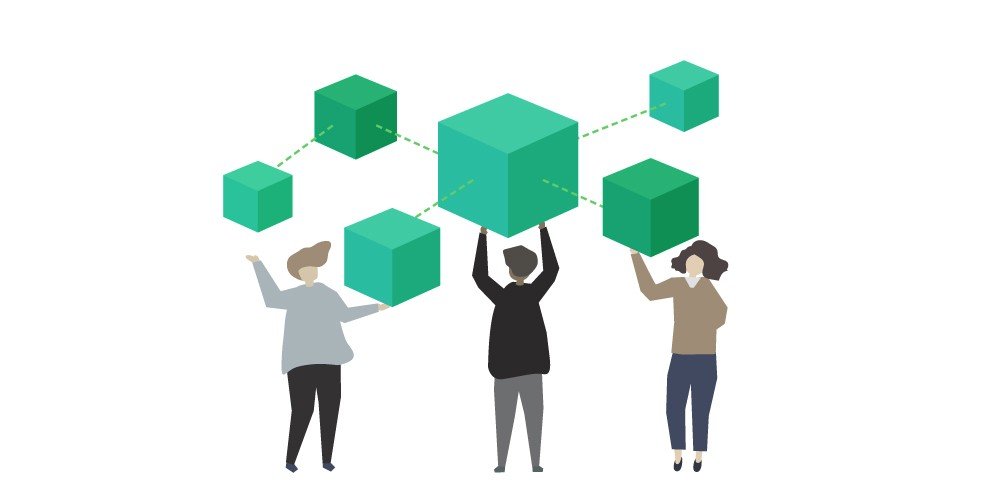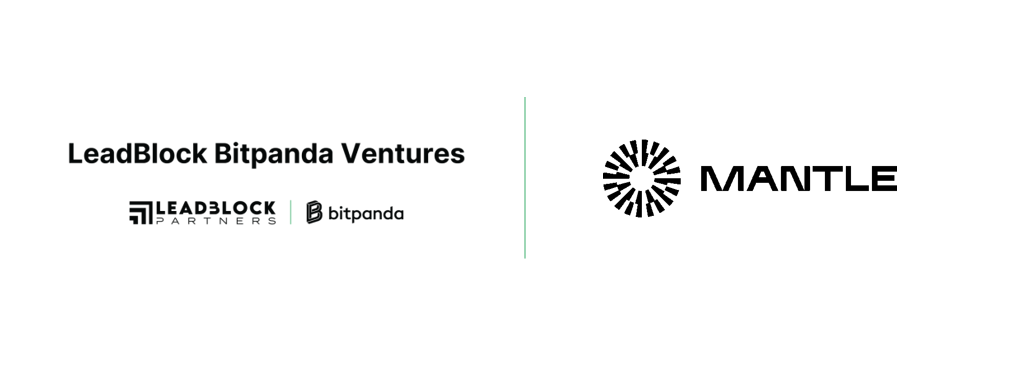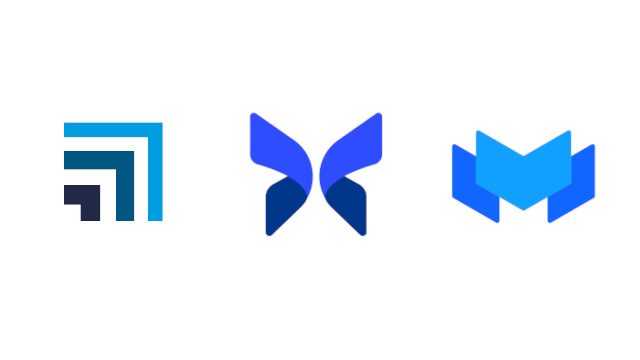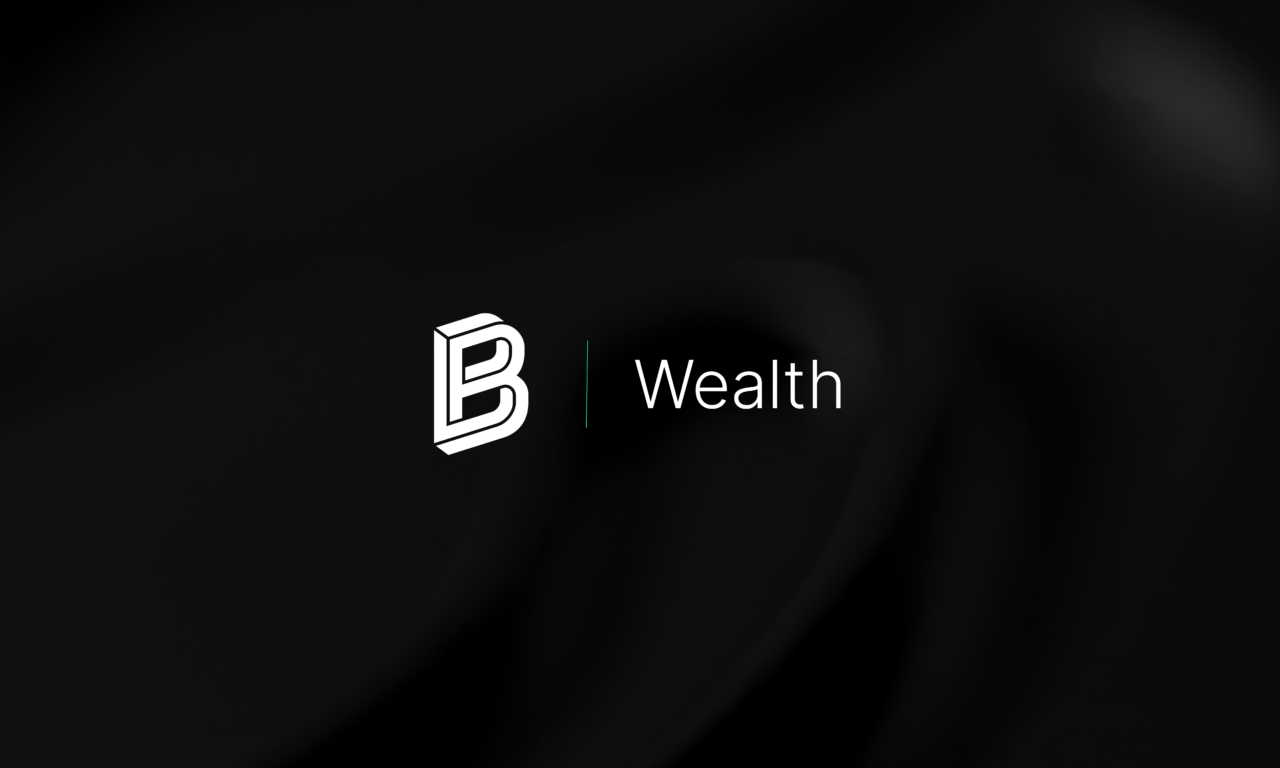Away from the hype, we discuss how blockchain technology can help us reach sustainable goals illustrated by start-ups currently developing actual solutions. Often blockchain will have to be combined with other technologies to serve a purpose. We discuss three main themes:
(1) Power to the consumer: blockchain technology can help consumers make better informed purchasing decisions and favour sustainable goods by reducing information asymmetry
(2) Incentivising sustainable behaviours: blockchain technology can be used for reward mechanisms, gamification and interest alignment among communities and organisations
(3) Assessment tools: blockchain technology alone can’t help but becomes effective when combined with other technologies
What is sustainability?
Sustainability is about meeting the needs of the present without compromising the ability of future generations to meet their own needs. It is a much wider term than pure environmental considerations. The concept of sustainability is about balancing economic development, ecological health and social equity.

UN’s seventeen Sustainable Development Goals
Theme 1: Power to the consumer
Globally, environmental impact is a buying consideration for c.70% of consumers and the use high-quality ingredients or components is key for c.80%¹. However, consumers struggle to have visibility and trust in environmental impact and production practices. Lack of visibility is apparent in the child labour and working conditions scandals which erupt regularly. Lack of trust is also clear, for example in the US only 26% of consumers trust organic food labels². In other words consumers would like to make sustainable and ethical purchasing decisions but it is difficult for them to do so.
The use of blockchain technology can put more power into the hands of consumers by allowing them to make informed purchasing decisions. Blockchains can improve consumer visibility and trust about decision factors such as product origin, quality, brand promises (organic, non-GMO…) and work conditions. For example, blockchain technology is being used to guarantee conflict-free diamonds. Having said that, blockchain alone is insufficient, other tools will be needed to solve the garbage in, garbage out problem (more details in Theme 3).
If consumers make better informed purchasing decisions then they will favour sustainable goods. In turn this would encourage sustainable products and practices. The issue is that currently a product’s sustainability is not sufficiently valued therefore it disincentivises sustainable initiatives. Simply put: consumers drive demand, corporates respond.
Examples of such start-ups in the blockchain space are:

Start-ups using blockchain technology to reduce information asymmetry in supply chains
Theme 2: Incentivising sustainable behaviours
One of the success factors of sustainability is to incentivise consumer behaviours. For example in France, car buyers will pay up to €12,500 extra for highly polluting cars and €6,000 less for electric cars. Along this theme we have seen blockchain being used as a tool to give rewards through tokens.
An example is the Plastic Bank which collects and recycles plastic in developing nations. Waste collectors bring plastic to the recycling centers and are issued tokens onto their mobile phones via smart contracts. This avoids distributing cash to the generally unbanked collectors which brings risk of fraud or loss. Waste collectors also build up an auditable revenue history which can be used to prove income levels.
In developed nations we could see a use for gamification. Gamification is the use of game mechanics in non-game contexts in order to improve user engagement and retention. For example Dovu plans to gamify mobility by awarding tokens for sharing and changing the way you travel.
The blockchain’s ability to align incentives between network participants allows actions which benefit the network to be rewarded by all participants. For example, the Bitcoin blockchain rewards participants for securing and updating the ledger with new bitcoin. This dilutes the value of the coins held by the rest of the network but guarantees their value. This is done without a central authority. Transposing this to the goal of incentivising sustainable behaviors can be very effective. A token could incentivize individual behavior to reach a common beneficial goal such as reducing carbon emissions³.

Start-ups using blockchain based tokens to incentivise sustainable behaviours
Theme 3: Assessment tools
As discussed, incentivisation can be a powerful tool to drive sustainable behaviours. Governments can use subsidies or taxes/levies, organisations (centralised and decentralised) can pay out rewards or adjust prices for goods or services. However, how do you make sure that individuals and companies are indeed making sustainable decisions?
Assessment tools to verify behaviours are necessary for the incentivisation mechanism to be effective. Today assessment tools can be particularly time consuming and costly for all parties. Worse, they are prone to errors and fraud.
Let’s use the EU carbon scheme as an example of failed assessment tools. In the EU, industrial installations need to report annual emissions and buy the required amount of carbon credits. Emission assessments work with the following steps: (1) operators submit emission reports each year; (2) these reports need to be verified by an accredited verifier; (3) once they have been verified the operator needs to surrender the allowances. As identified by the European Court of Auditors the system has many flaws⁴. It highlighted issues such as very limited on-the-spot inspections, lack of control of verifiers, verifier findings lacked follow-up by competent authorities… Fraud has taken place such as recycling or double selling carbon credits. So how do you solve these issues?
“Blockchain alone can’t help”
Yes blockchain data is immutable but if it is wrong in the first place it has no value. This is often called the “garbage in, garbage out” problem. The solution requires combining blockchain with other technologies such as Internet of Things (IoT) and Artificial Intelligence (AI).
IoT is particularly helpful to remove human intervention which improves data quality and reduces risks of fraud. The data can then be entered into a blockchain where AI can be used to analyse the data and detect potential errors or fraud. Finally, blockchain technology can make sure the whole process is tamperproof and visible to the relevant industry players and authorities.
Connecting Food for example offers a food audit solution which verifies products respect their requirements, everyday, at every step of the chain and registers the data onto the blockchain.

Start-ups combining blockchain with IoT
Wrap-up
The three themes discussed in this article overlap with the idea of pricing externalities. Externalities exist when prices do not reflect the costs or benefits to society as a whole. Sustainable goals can reached by pricing goods and actions correctly so that market forces lead us to a sustainable system. Technology in general, blockchain included, can help us do that.
[1] 2019 Edelman Trust Barometer Special Report
[2] Mintel Report
[3] Token Economy: How Blockchains and Smart Contracts Revolutionize the Economy, Shermin Voshmgir
[4] The integrity and implementation of the EU ETS, European Court of Auditors, 2015







